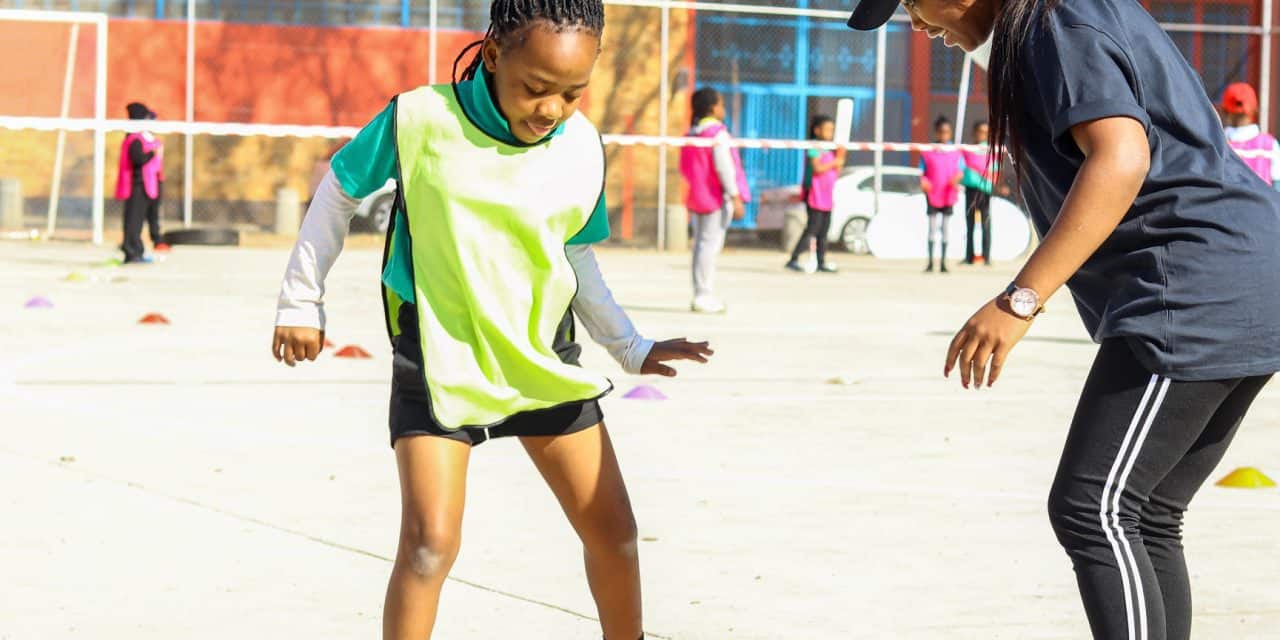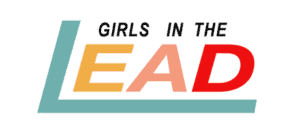
Sports tackling gender-based violence
Eeva Mäkinen, Communications Manager, November 2020
Girls in the communities in which we work are faced not only with serious everyday poverty and restricted access to education, but forced to deal with gender-based violence on a daily basis. The denial of access to the personal, social and educational development required to lead change in their communities and reach their full potential creates a vicious circle of low agency and stagnation.
Gender-based violence is largely caused by gender norms. Social construction of masculinities and femininities are deeply rooted in our societies and also reflected in sport for development programs. The gender of a child can affect the opportunity to access the resources of sports programmes. Research and practice have shown that girls experience barriers in the access to sports especially if it is a male dominated field like football or martial arts. Gender norms can also disrupt boys from joining more female dominated sports like netball or dance.
Sport for development programs have the means to unfold full educational and social potential when gender sensitive approaches are applied. Although sports for development initiatives do have the will to enhance the gender equality of their project and organisation, some struggle with its implementation. Gender-sensitive guidelines often fail to narrow the gap between theory and practice. There is a need for practical tools on how to assess the gender and sexual inclusiveness within the project, how to open up traditional gender norms during training as well as inclusive means and tools to increase gender and sexual diversity.
Girls in the Lead’s partners provide best-practice programs, which tackle gender based violence by encouraging gender equality in gender mixed sports groups and training coaches in implementing gender-sensitive approaches in practice.
We aim to enhance the prevention of GBV and support gender equity in access to sports in poverty-stricken areas by empowering children through life skill training with sport exercises. We strengthen their knowledge of gender norms, enhance their self-esteem and identity building as well as their violence negotiation skills and social capital by opening a safe space trying out activities outside their regular gender role. Strengthening coaches to implement gender equity aims into practice
If we want to make a change on gender and sexual equality in sports programmes for children, we need to start from an early age and collaborate for a greater impact – together we are strong.
